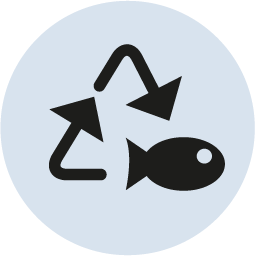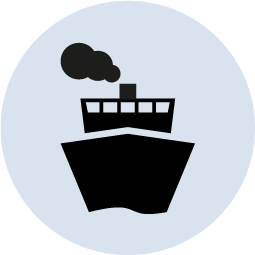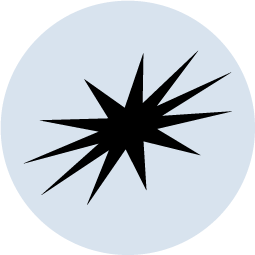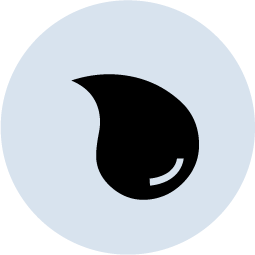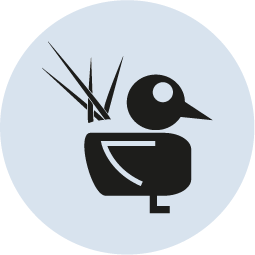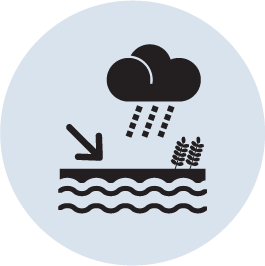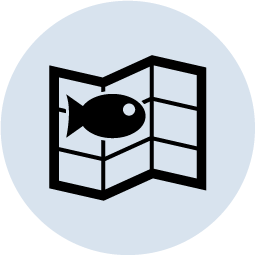Groups
HELCOM has eight main groups – the HELCOM Working Groups – which handle specific topics related to the Baltic Sea’s environment or maritime activities. The groups are major contributors to the HELCOM work, gathering science and technical expertise and translating their findings into policies, strategies or recommendations best suited for responding to a particular issue affecting the Baltic Sea.
The work carried out in the HELCOM Working Groups usually needs to be further approved by the HELCOM decision making bodies such as the Heads of Delegation or the Meeting of the Helsinki Commission.
The HELCOM Working Groups are mainly composed of national experts, usually from a Ministry or a national agency and who are officially nominated by a HELCOM Contracting Party. The groups are led by a Chair elected by its members, and are serviced by a HELCOM Professional Secretary. The groups usually have two main meetings per year, in spring and in autumn.
In addition, HELCOM also has a variety of expert groups and networks that are supervised by and fall under the responsibility of a main HELCOM Working Group.
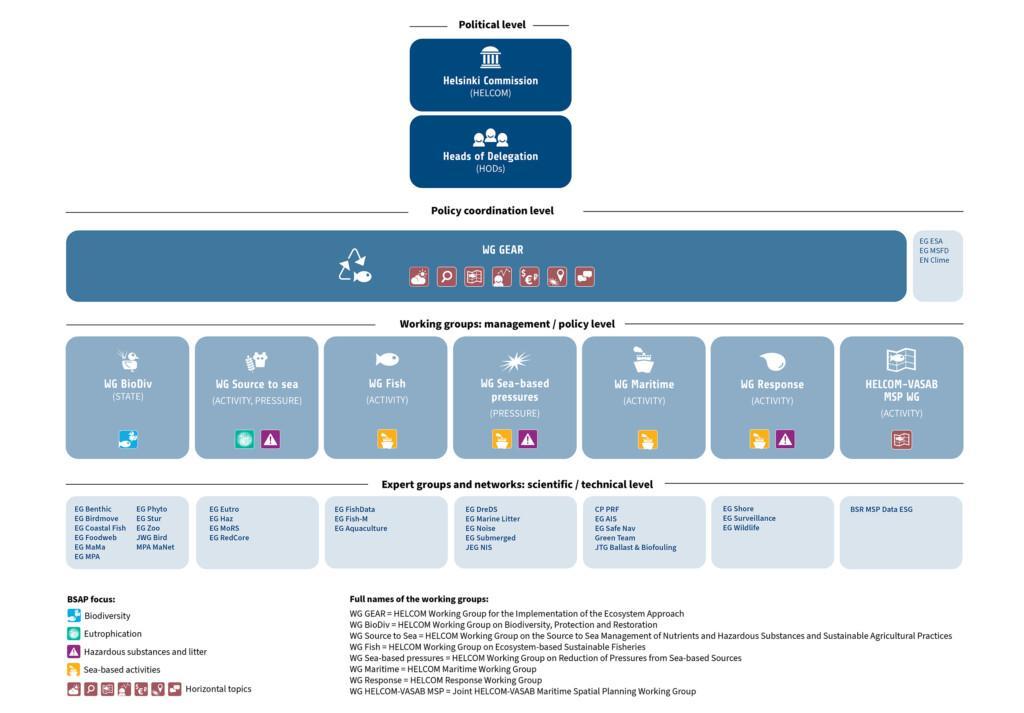
HELCOM Working Groups
WG GEAR – HELCOM Working Group on the Implementation of the Ecosystem Approach
WG Maritime – HELCOM Maritime Working Group
WG Sea-based pressures – HELCOM Working Group on Reduction of Pressures from Sea-based Sources
WG Response – HELCOM Response Working Group
WG BioDiv – HELCOM Working Group on Biodiversity, Protection and Restoration State of the Environment and Nature Conservation
WG Fish – HELCOM Working Group on Ecosystem-based Sustainable Fisheries
WG Source to sea – HELCOM Working Group on the Source to Sea Management of Nutrients and Hazardous Substances and Sustainable Agricultural Practices
HELCOM-VASAB MSP WG – Joint HELCOM-VASAB Maritime Spatial Planning Working Group
HELCOM Expert Groups
HELCOM-VASAB MSP WG
WG GEAR
- EG ESA – Expert Group on Economic and Social Analyses
- EG MSFD
- EN CLIME – Joint HELCOM/Baltic Earth Expert Network on Climate Change
WG BioDiv
- EG Benthic – Expert Group on Benthic Habitats and Biotopes
- EG Birdmove – Expert Group on Bird Migration
- EG Foodweb – Expert Group on Foodwebs
- EG Coastal Fish – Expert Group on Coastal Fish
- EG MaMa – Expert Group on Marine Mammals
- EG MPA – Expert Group on Marine Protected Areas
- EG STUR – Expert Group on Sturgeon Remediation
- EG Pelagic – Expert Group on Pelagic Habitats
- EG Phyto – Expert Group on Phytoplankton
- EG Zoo – Expert Group on Zooplankton
- JWG Bird – HELCOM-OSPAR-ICES Joint Working Group on Seabirds
WG Fish
- EG FISH-M – Task Force on migratory fish species
- EG FishData
- EG Aquaculture – Expert Group on Sustainable aquaculture
WG Source to sea
- EG MORS – Expert Group on Monitoring of Radioactive Substances in the Baltic Sea
- EG Hazardous Substances – Expert Group on Hazardous Substances
- EG Eutro – Expert Group on Eutrophication
- EG RedCore – Expert Group on Reduction Scheme Core Follow-up
WG Maritime
- EG AIS – Expert Working Group for Mutual Exchange and Deliveries of AIS data
- GREEN TEAM – Sub-group on Green Technology and Alternative Fuels for Shipping
- EG SAFE NAV – Group of Experts on Safety of Navigation
- JTG Ballast & Biofouling – Joint HELCOM/OSPAR Task Group on Ballast Management Convention Exemptions (BWMC) and Biofouling
- CP PRF
- PRF Cooperation Platform – Cooperation Platform on Port Reception Facilities in the Baltic Sea
WG Sea-based pressures
- EG Marine Litter – Expert Group on Marine Litter
- EG Noise – Expert Group on Underwater Noise
- EG DREDS – Expert Group on Dredging/Depositing Operations at Sea
- EG Submerged – Expert Group on Environmental Risks of Hazardous Submerged Objects
- JEG NIS – OSPAR/HELCOM Joint Expert Group on Non-Indigenous Species
WG Response

